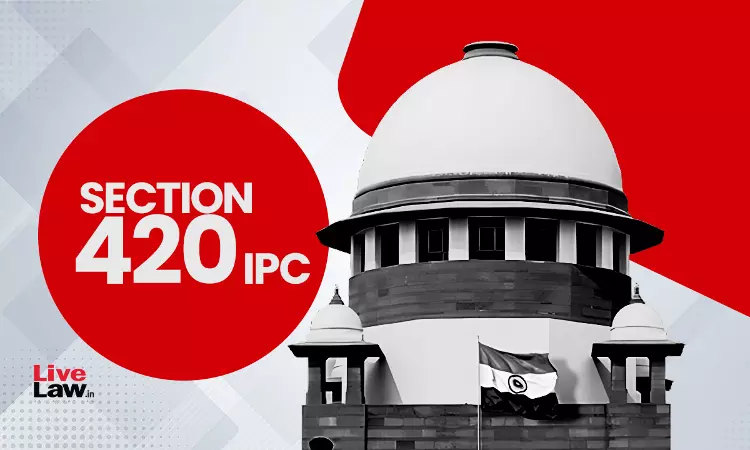Don't Grant Bail In Private Cheating Cases Merely Because Accused Undertook To Deposit Money : Supreme Court Reminds Courts
Suraj Kumar
4 July 2023 9:40 PM IST

'Inclusion of a condition for payment of money tends to create an impression that bail could be secured by depositing money'
Next Story


